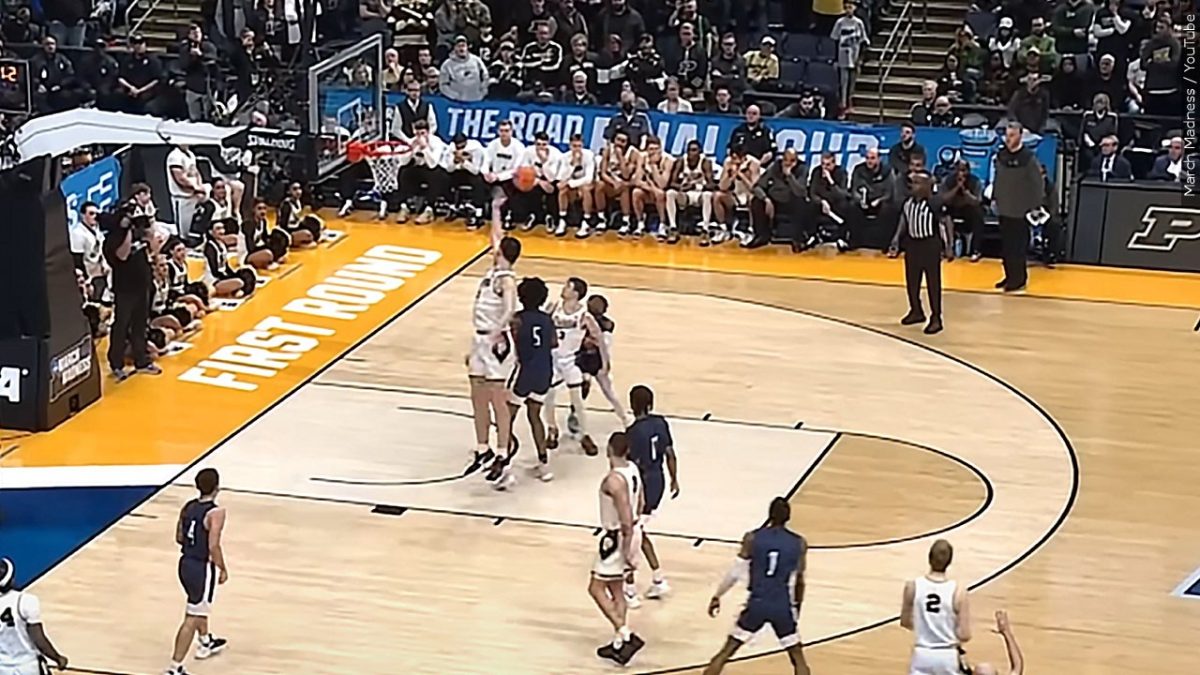You wouldn’t think a mahogany desk in someone’s house could potentially be killing off an entire species of creature thousands of miles away. However, the sad truth is that the biodiversity and the rainforests aren’t in danger just because of corruption in foreign governments. They are in danger because of the supply and demand of consumers not just in the United States, but across the globe.
Now, you may be wondering why you should care about a forest in South America or in Asia. I know telling you about how tropical rainforests took between 60 and 100 million years to develop to what they are today won’t sway you. Or how they contain over 30 million different species of plants and animals. I won’t tell you that almost two-thirds of the entire earth’s plant species are inhabitants of rainforests.
I know it won’t get through to a lot of people, because very few people care about an endangered species of frog in South America. However, I will tell you about how the destruction of the rainforest could affect you personally.
All across the globe, we have been experiencing climate changes. Despite what a lot of people may want to believe, that cold snap in the Midwest of the United States was caused from the vortex being pushed out of alignment due to global warming. Rainforests help regulate our climates. Rainforests receive a large amount of water, which they are constantly recycling. The Amazonian forests store a large amount of rainwater, which they generously give back into the atmosphere, which helps regulates the climate.
They help keep the atmosphere healthy. Plants feed off of carbon dioxide. Deforestation is responsible for 18-25 percent of the global annual carbon dioxide emissions, which contributes to global warming.
Of our modern medicines, 25 percent originated from tropical forest plants. Only 1 percent of the plants in rainforests have been studied for medicinal purposes. The medicinal advantages from actually studying the rest of the plants in our rainforests are astronomical.
All right, so now that I’ve told you what use the rainforests are to you personally and we as a global society, I’m going to tell you why they are being cut down.
Peru was just named to have the most biodiversity of reptile and amphibian life in the world. The rainforest covers 5,918 square miles, which is .01 percent of the surface of Earth and holds more different species of reptiles and amphibians than anywhere in the world.
However, the rainforests of Peru are being deforested for their lumber. Although the United States, in a trade policy agreement with Peru, said that they were to crack down on illegal logging, it’s been reported that corruption is so deep-seated in the Peruvian government that documents are forged and bribes are taken to overlook the illegal deforestation.
Places like Lumber Liquidators, which has stores in Salt Lake City and Lindon, have been investigated by federal agencies for obtaining lumber illegally from rainforests. Lumber Liquidators is where people go to purchase the lumber for their hardwood floors.
The beef industry also cuts down rainforests for cattle farming, which is then exported across the world, including the United States.
Mining precious minerals such as diamonds, oil and gold cause deforestation as well. Oil companies rip down trees to make way for roads and pipelines. When an oil pipeline breaks, the oil covers the area, killing forests, wildlife and even poisoning the indigenous people’s water supplies.
So you’re like me right now, sitting there wondering what on earth you can do to help make a difference. The world we live in lives off of supply and demand. Take away the demand, the supply will lessen. Do your homework. Only buy from the companies that do not utilize materials in the rainforests for their own capital gain. Be outspoken and demand that our government crack down on the commodities imported from rainforests.
If we protect these amazing ecosystems, maybe we can keep our planet healthy for future generations. The change starts with us.




















